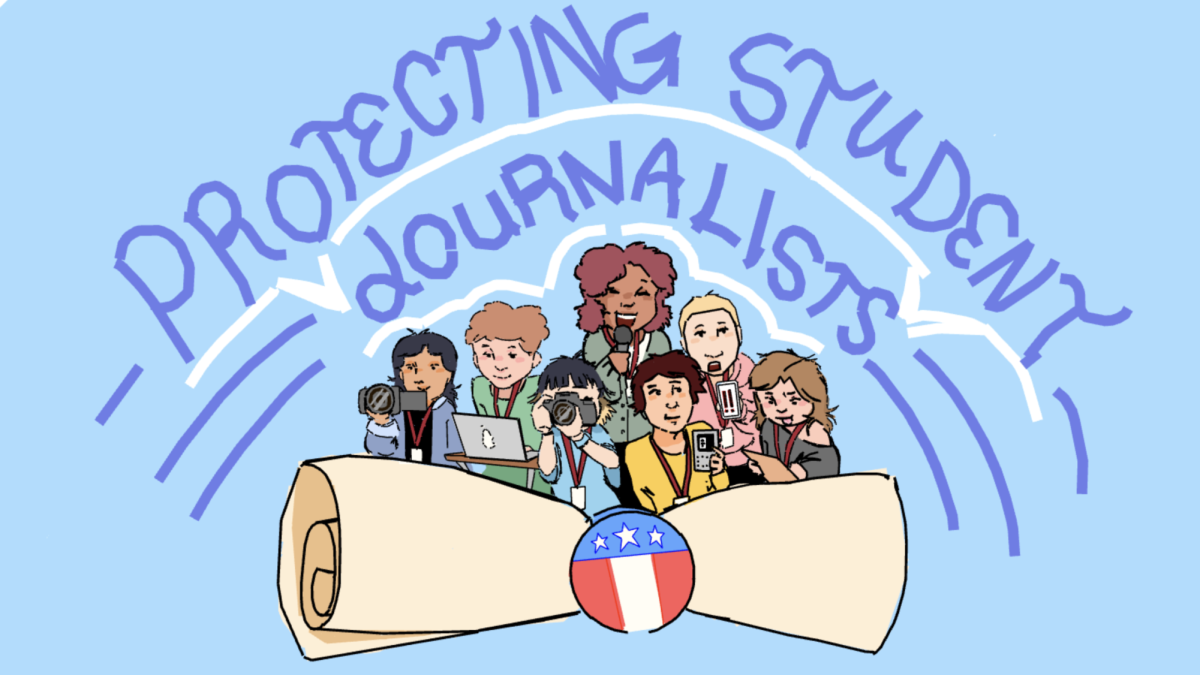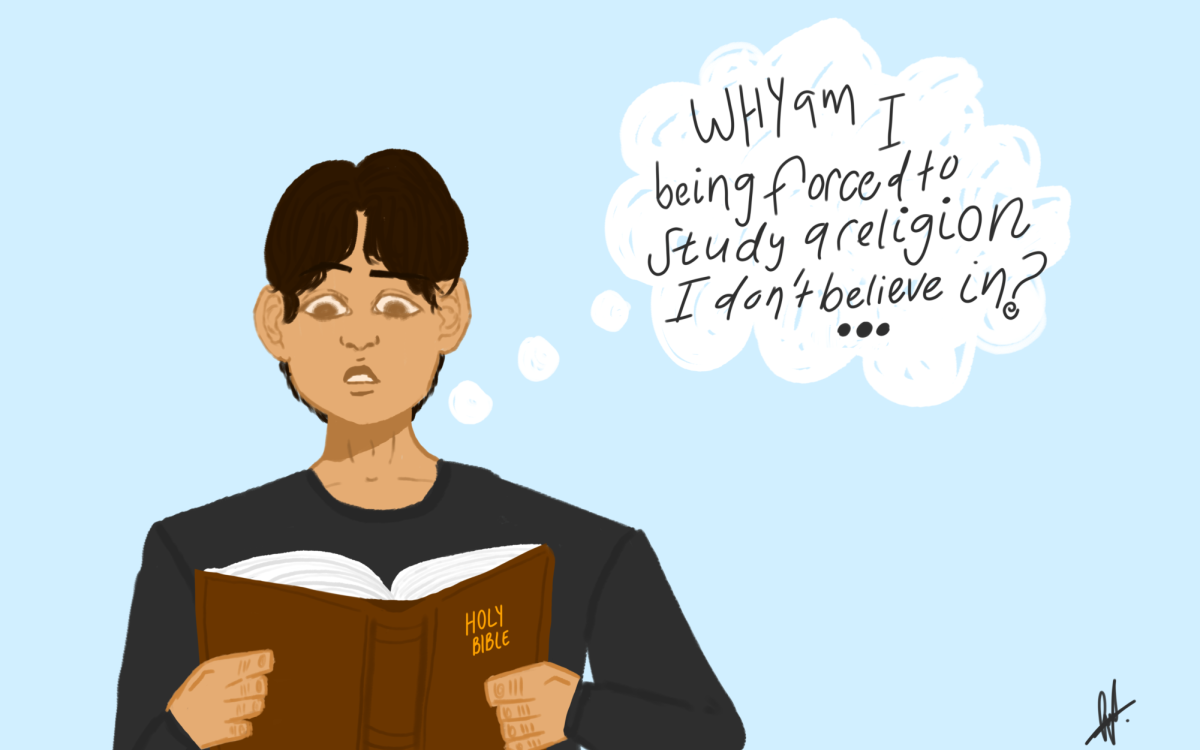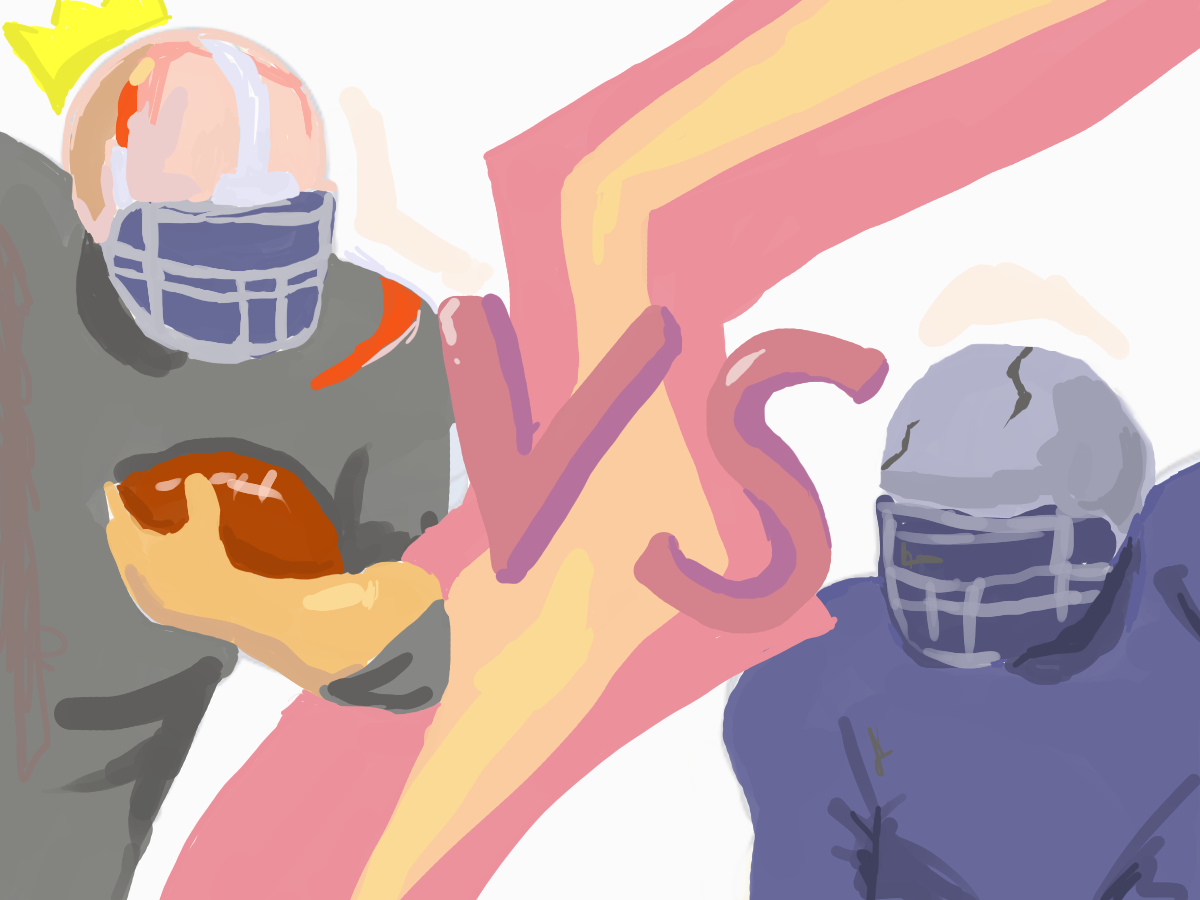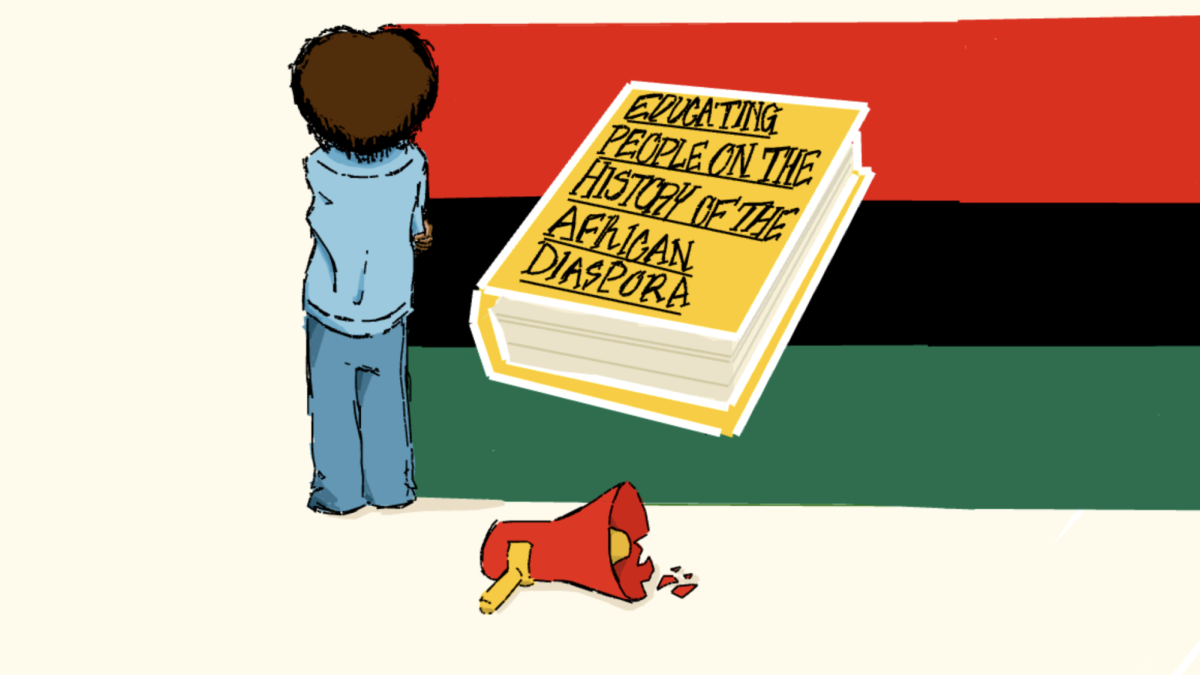
On Aug. 28, San Francisco 49’ers quarterback Colin Kaepernick sat down during the national anthem in protest of the social injustices and police brutality African Americans face in America, angering football fans and American citizens. Soon after Kaepernick’s initial protest, numerous professional athletes from all sports leagues followed suit. The protest has spread from professional sports to high school sports and even the classroom.
Kaepernick’s actions lit the fire of a decades-old debate: Should students be forced to recite the Pledge of Allegiance?
To some, that seems like a ridiculous question. You should always show respect to your country and its flag, right? But to students that have religious or political conflicts with the pledge, it’s an infringement of their rights.
Many students have been forced to stand for the pledge by incompetent teachers, and some even wrongfully punished for not standing. High school athletes who have sat for the national anthem, like Kaepernick, have experienced ridicule and hate from their teammates and community.
Are the harsh words students that sit during the pledge legal? Yes, it’s protected under free speech. Is students being forced to stand for the pledge legal? Absolutely not.
The Supreme Court case “West Virginia State Board of Education vs Barnette” protects students’ right to sit down during the Pledge of Allegiance. It was decided on June 14, 1943, that students were protected from being forced to recite the Pledge of Allegiance in school. It was brought to the court by Jehovah’s Witnesses, whose religion prevents them from pledging to the United States and other political groups.
A description of the case’s history can be found here
Students realize that the Pledge of Allegiance is an integral part of American history, and is said as reminder to Americans of the loyalty and respect we should have our nation. They also realize that not acknowledging the pledge does not make them any less patriotic or “American.” Students should know that acknowledging the pledge is their choice to make, not anyone else’s.
In short, the answer is no. Students should not, and cannot be forced to acknowledge the Pledge of Allegiance. No individual, not even the US government, can force anyone to recite the pledge; and cannot punish a person for refusing to acknowledge it.
For whatever reason a student sits down or doesn’t recite the pledge; whether it be religious, political or in protest, they are still able to have respect for and love their country; they are still able to have deep respect for the men and women who serve this country, and they are still Americans.










